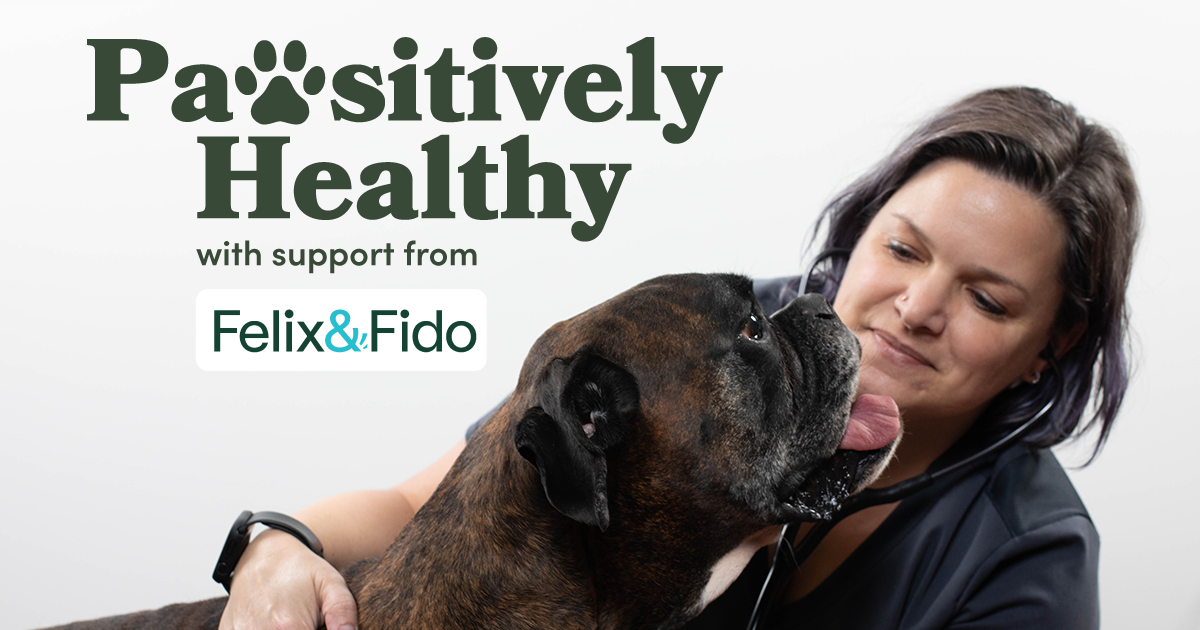
When I was in veterinary school (over 20 years ago), I recall professors referring to the Puget Sound area as this pristine bubble that most parasites didn’t invade. The parasite landscape has definitely changed, so it is important to be aware of the offenders we need to protect our pets against.
1. Fleas
These insects have always been in our area, but the temperature here never really gets cold enough in the winter to result in a die-off of the nasty little creatures. I diagnose pets with fleas all 12 months of the year. Therefore, I recommend year-round flea prevention for pets that spends any amount of time outside, even if just for bathroom duties.
Fleas bite, ingest blood from our pets, and cause itching as well secondary skin reactions and infections. Some cats and dogs are allergic to fleas, causing even bigger reactions to the bites.
For every one adult flea on your pet, there are hundreds of eggs and larvae in the environment (carpet, bedding, furniture, and even cracks in hardwood floors). Fleas multiply at astounding rates, and once an infestation is set up in your home, it can take several months to get it under control. It goes without saying, prevention is key here.
2. Ticks
Years ago, ticks were more of a concern in Eastern Washington or tall grass fields in the foothills of the mountains. Now, I remove ticks from pets every year who have just been out and about in our area.
Ticks spread several different diseases that can cause clinical signs ranging from fever, lethargy, and lameness to vasculitis (inflammation of arteries and veins) and paralysis. For most of the tick-borne diseases, ticks must be attached for several hours before transmission of disease occurs.
Tick prevention and careful scanning of pets that have been out to parks or nearby wooded areas is a good practice so we can find and remove ticks quickly.
3. Intestinal parasites
The most common type of parasites found in pets are roundworms and hookworms. Our pets can pick up the microscopic infective forms of these parasites absolutely anywhere.
Cats and dogs can have these parasites as well as normal stools, while also showing no outward sign of the infection. Therefore, annual fecal testing (and testing any time your pet has stool abnormalities) is recommended.
Since pets who have these parasites are shedding the worm’s eggs in their feces, it is recommended to pick up fecal material right after your pet defecates. Leaving feces in the environment can “seed” it with the parasite, setting up a cycle of reinfection for your pet in their own backyard as well as shared dog parks.
4. Heartworm
The discussion here is a bit more complicated. Technically, we are not considered endemic for heartworm in the Puget Sound area—yet. However, most of the necessary ingredients for endemic heartworm disease are present.
We have heartworm positive dogs that live here and we have mosquitos, which are the insects that transmit heartworm from dog to dog. But we are currently missing the appropriate climate. The Puget Sound area doesn’t currently meet the temperature and humidity requirements that allow the parasite to mature inside the mosquito to a life stage capable of producing infection.
Heartworm is a deadly disease, and treatment can have life-threatening complications. This is another instance where prevention is the best option. I do recommend annual heartworm testing as well as year-round prevention, even for dogs who only live in the Puget Sound area.
If you have questions about parasite testing, prevention or parasite-associated diseases, please talk to your veterinarian or check out the resources listed below.
Here’s to happy, healthy and parasite free pets!
My name is Dr. Heather Smith and I have been a small animal veterinarian in the greater Seattle area for 20 years. I am medical director and veterinarian for Felix&Fido – Issaquah. We are reinventing veterinary care by utilizing technology and leveraging the talents of our DVMs, LVTs and assistants in a way that supports and honors pets, pet parents and the veterinary care team. We look forward to serving you!
Felix&Fido Pet of the Month Photo Contest
Submit a photo of your pet for the chance to win Pet of the Month and a prize from Felix&Fido.





